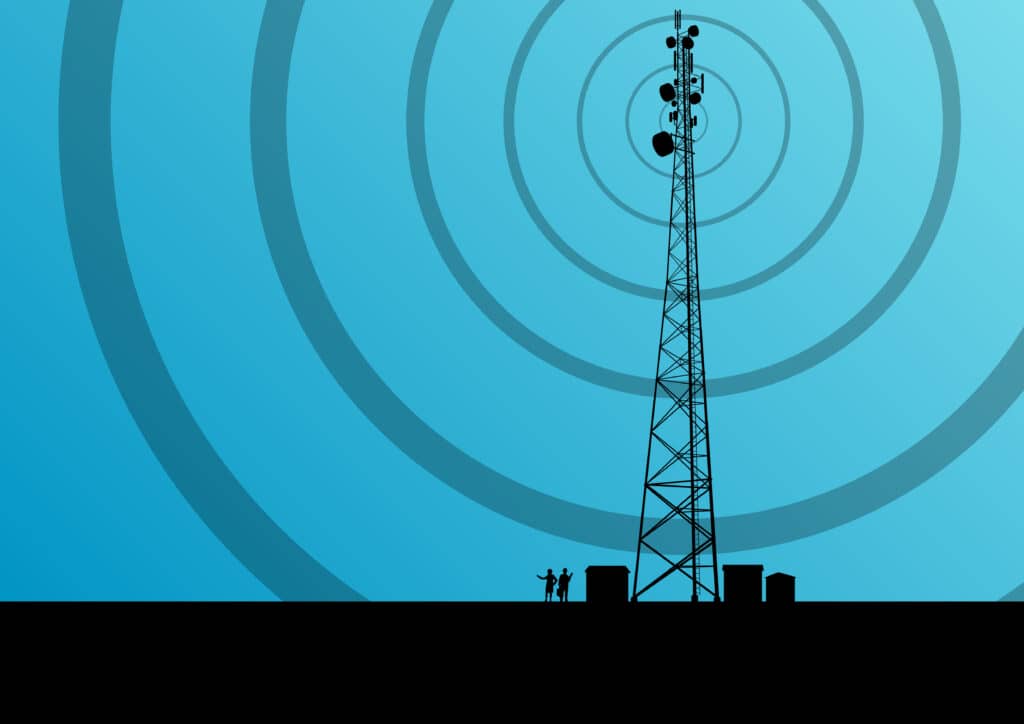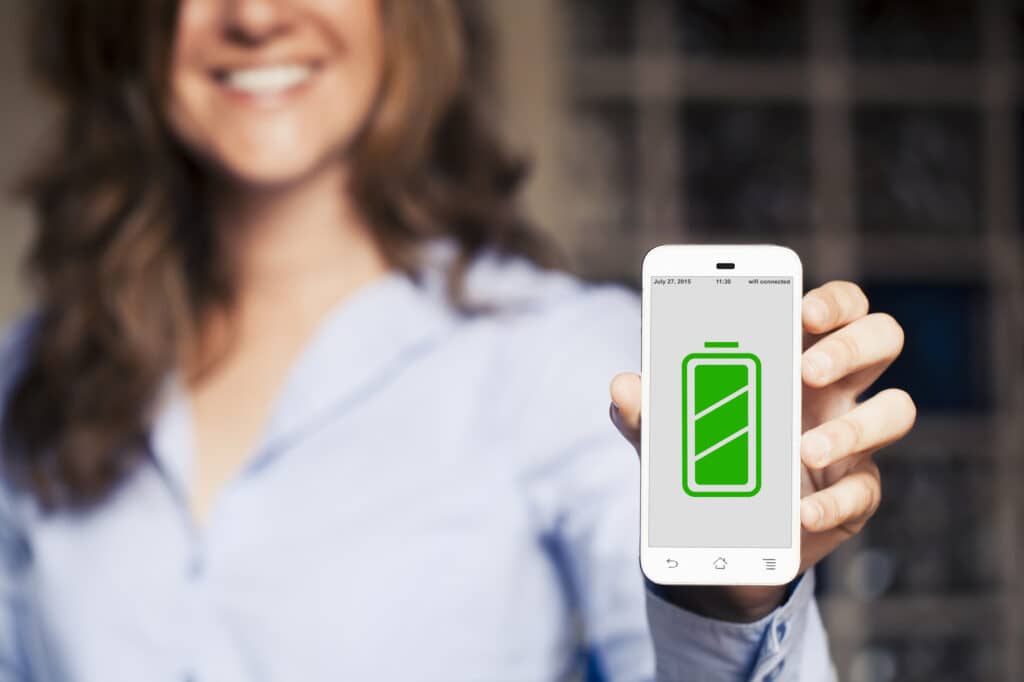There is no specific duration expected of a phone call— it depends on both parties making the call. An average phone call can last about four to five minutes.
However, some phone calls last shorter or longer depending on the length of conversation the people on the call have.
How long can a phone call last, exactly?
Is There a Limit to Phone Calls’ Duration?

Naturally, there’s no limit to how long a phone call can go on.
However, most telephone service providers place a hard limit on a particular number of hours for phone calls to help reduce customers’ bills.
For example, if you and the receiver fall asleep on the call, it can go on for as long as you’re both asleep – accumulating a hefty bill. You’ll be able to avoid these excess bills as the call disconnects as soon as you exceed the time limit.
What Is the Limit of a Phone Call?

As we mentioned above, telephone service providers limit phone calls to reduce network congestion and customers’ bills.
However, this limit is not definite, and it varies from operator to operator. Some telephone operators set their phone call limit to as short as an hour, while others extend it to eight or nine hours.
On average, a phone call limit may be around 180 mins, i.e., three hours.
Why Does My Call Keep Dropping?

When we experience the inconvenient situation of constantly dropping calls, we quickly blame it on the service providers.
However, there are several reasons why your call keeps dropping, and these reasons could be from your end or that of the telephone service providers. Here are four potential reasons why your call keeps dropping:
Weak Signal

The most likely reason why your calls are dropping is a weak signal. Generally, when you are close to a cell tower, the signal is better than when you’re farther away – which of course might pose a problem.
Ideally, your phone is supposed to work with a tower up to 45 miles or 72 km away. Additionally, line of sight influences these signals – you have more of a chance of receiving good signal when you’re above ground level (e.g., on a mountaintop).
Additionally, natural obstacles can block the signal as well. When there is higher ground, it can obstruct signals from getting to your phone.
These obstructions can include mountains, bluffs, etc. Also, trees, shrubbery, and most foliage can block signals and interfere with your cell reception too.
Weather Conditions

Poor weather conditions can severely hinder signals. Sometimes, even dust particles in the air can interfere with your cell reception.
Generally, when it is foggy or rainy, the water vapors in the atmosphere diffuse these signals – making it almost impossible to get reception on your phone.
Similarly, snow and hail can interfere with your cell signal, though typically not as much as when it rains heavily due to the low water content.
Overloaded Cell Tower

Although signal strength interferes the most with phone calls, signal quality is another factor.
A major cause of low signal quality is network congestion or an overloaded cell tower. Sometimes, instances of very high traffic can cause a network jam – leading to a dropped call.
These instances of high traffic may be caused by events such as a big football game, large-scale emergency, or even a big concert.
The sizes (geographic range they cover) of cells differ; some are larger than others. In areas with a higher population, these cells are smaller, and there are many more towers available than in rural areas.
When there’s a rush of people into a cell, the cells may contract, becoming narrower. This contraction might lead to handing off the extra load to another tower nearby.
Additionally, if your call is handed off to a farther tower, it’ll result in signal loss on your end.
Artificial Obstructions to Mobile Receptions
If your call keeps dropping in your house, it could be the structure itself that’s blocking cell reception.
Things that form the outer part of most buildings, like brick, metal sliding, steel, coated glass, concrete, etc., are not easily penetrated by RF waves.
In very developed areas, tall, large buildings can interfere with cell reception in a way that you might not even get good signal outdoors!
Additionally, it is very common for a call to drop once you step inside a vehicle; most will have experienced this. This happens because the metal and glass encasing can block cell signals.
How to Fix Dropped Calls
Here are a few tips to help you get better cell signals on your phone:
Remove Your Phone Case

Sometimes, a phone case can block cell signals from reaching the phone’s internal antenna.
If your call keeps dropping, try removing your phone case to see if you’ll get better reception.
Also, try not to block your phone’s internal antenna when holding it. Switch the position of your hand around to test if the reception improves.
Keep Your Phone Charged

Another thing that can impact your phone’s cell signal is your battery level. As unlikely as it may seem, a low battery can affect your phone’s ability to stay connected to cell signals.
Try To Be Stationary
If you are moving while making a call that keeps dropping, try staying in one spot to see if the network improves.
Movement can sometimes make it harder to receive good signal on your phone as your call is constantly being transferred from one cell tower to another in response to your continually changing location.
Step Outside To Get Clear of Obstructions

Try to find an open area with nothing that can serve as an obstruction (e.g., tall buildings). The open area can be a park or even a plaza. The network should be significantly better in areas like this as there are no natural or artificial obstructions.
Change Your Location

Sometimes, a phone call that keeps dropping can be due to your current position.
Try moving to a different place to get stronger cell signals. For example, if you’re in your house, move from your bedroom to your living room to test for better cell reception.
Increase Your Elevation

Anything between you and the cell tower, such as buildings, can block the signal.
Try moving to an elevated position for a better signal. This high position can either be the top floor of your home, office building, or the roof of your building.
In Summary
Phone calls don’t have a specific, catch-all duration. The duration varies depending on the person making the call, the network operator, or various other circumstances that can lead to a call ending.
Most network operators have a hard limit on the duration of calls, but this also varies from network operator to network operator. It ranges from one to nine hours but is mostly three hours.
Furthermore, if your phone call keeps dropping, it might be due to potential reasons such as a weak signal, poor weather conditions, an overloaded cell tower, or even artificial obstructions that are hindering mobile reception.
